Provincial administrative reform
According to Dr. Nguyen Minh Tuong - Institute of History, in nearly 20 years under the Gia Long dynasty and more than 10 years under the Minh Mang dynasty, the power of the regime of Tong Tran Bac Thanh (governing all 11 towns of Bac Ky) and Gia Dinh Thanh (governing 5 towns of Nam Ky) was formed and consolidated. During the time Nguyen Van Thanh was Tong Tran Bac Thanh and Le Van Duyet was Tong Tran Gia Dinh Thanh, due to the contributions of these two founding heroes and their great prestige, the Nguyen Dynasty court could not control them.
The Nguyen Dynasty understood that, but during the Gia Long period, they still favored the two Song governors of Bac Thanh and Gia Dinh citadel. When he ascended the throne in 1820, King Minh Mang took that into account, but he was cautious and clever.
In 1831 - 1832, King Minh Mang abolished the "Thanh" and "Tran" units, dividing the whole country into 31 provinces. This can be considered that the king was very strong politically and the Nguyen Dynasty knew how to distribute power.
“Minh Mang was conscious of his position in the Nguyen Dynasty. His ambition was to become “a Le Thanh Tong of the Nguyen Dynasty,” historian Nguyen Minh Tuong commented.
In October of the 12th year of Minh Mang (1831), the reform of the provincial administrative apparatus was carried out from the towns in Quang Tri, north of the capital Hue to the whole of Bac Ky. Minh Mang rearranged the towns and divided them into 18 provinces. One year later, the provinces were divided again, and officials were appointed from Quang Nam inwards, making 12 provinces. Thus, in 2 years, there were 31 provinces (30 provinces and one Thua Thien prefecture), including 10 large provinces, 10 medium provinces and 10 small provinces.
At the same time as the division of the province, the bureaucracy was reorganized. The positions of Bac Thanh Governor and Gia Dinh Thanh Governor were abolished. The positions of Tran Thu, Hiep Tran and Tham Hiep at the head of the towns were also abolished.
This is an imitation of the Ming and Qing dynasties (China). The king re-established the positions of Governor, Governor, Chief Justice, Judge and Commander in Chief of the provinces throughout the country.
In using mandarins to avoid "forming cliques", relying on power to do wrong, and corrupting the administrative apparatus, the king thoroughly applied the "avoidance" regime (avoidance literally means avoidance), and issued the following regulation: one cannot be an official in one of the following localities: hometown; place of residence; mother's hometown; wife's hometown and place of study when young.
Top officials such as Governor, Governor, Chief Justice, Judge, Military Commander, and Education Inspector cannot be appointed to positions belonging to the same hometown. Officials in ministries and offices who are fathers, brothers, uncles, distant relatives, and in-laws must avoid appointment. In large and small offices, inside and outside the same family, if anyone has a close teacher-student relationship, they must avoid appointment.
Streamlined administrative agencies, strengthening the rule of law
The king's reforms achieved certain results, although not perfect. The rationality of administrative agencies was demonstrated by the fact that a high-ranking mandarin thought that Hung Hoa province was too large and asked the king for permission to separate the two provinces, but Minh Mang did not agree, because the province was large but had a small population and not much arable land. After separating the provinces, it was necessary to build headquarters and add officials, but according to the king, the more officials, the more "disturbing" the people.
Regarding the appointment of officials, from the Ministers who headed the ministries in the royal court, the Governors and Provincial Governors who headed each province to the ranks of District and District Chiefs, all were appointed by the king. The Ministry of Personnel only did the work of selecting, transferring and promoting the ranks of officials, but did not have the power to appoint.
Historian Nguyen Minh Tuong added: “To ensure the success of the reform, King Minh Mang paid great attention to the personnel issue of the provincial administrative apparatus. In using people, the king was very decisive and autocratic. The rule of law ideology prevailed throughout his reign. He rewarded generously and employed talented and diligent people, but was also strict with the crimes of mandarins. Under Minh Mang's reign, the execution of corrupt mandarins and the cutting off of the hands of storekeepers who embezzled public funds were not uncommon.”
 |
Quang Ngai judge Nguyen Duc Hoi relied on his position as a former subject of the king, neglected his duties and became corrupt. Minh Mang stripped him of all his titles and sent him to Cam Lo to serve as a soldier. The king expressed: “Since I ascended the throne, I have always been fair in using people. Even if there are loyal servants, I only use them based on their talent, without favoring anyone. Anyone who commits a crime will be punished according to the law, without ever showing leniency” (According to Dai Nam Thuc Luc).
The Royal Code of Laws, consisting of 938 articles, was compiled in 1812 and implemented under the Gia Long Dynasty. King Minh Mang also stipulated new laws such as: Detailed regulations on adjudicating wrongdoings of subordinates and mandarins in the capital and provinces. Regulations on punishing corrupt and bribery officials... Talented officials such as Deputy Minister of the Interior Ha Tong Quyen, Phan Huy Thuc, Nguyen Cong Tru... when they made mistakes or were guilty could not avoid punishment by law.
He also hated flattery in the court. In the book Dai Nam Thuc Luc, there was a record: "The Ministers of the Cabinet, Phan Thanh Gian and Truong Dang Que, presented a great celebration (Minh Mang's 40th anniversary) recounting the work from the time the king ascended the throne until now, diligently taking care of politics as the foundation to enjoy longevity and happiness. The king commented: "You people do not try to fulfill your duties, day and night you make more mistakes, now you write this useless article, what benefit is there in making mistakes? I do not like flattery on the surface? So throw it back and issue an edict to scold".
In his reform program, the king gradually consolidated the civil mandarin system and limited the military mandarin system according to the tradition of Eastern politics. Although he valued civil mandarins, he never neglected to rectify military affairs. The army under King Minh Mang was a strong army, as proven in history.
In a general assessment of the administrative reform revolution and mandarins under King Minh Mang, historian Nguyen Minh Tuong commented: “Administrative reform under the Minh Mang dynasty brought about the effect of consolidating and strengthening the supervision system of the entire national administration. However, due to limitations in worldview, despite positive reforms, the king still could not reach out to the outside world, but instead became more “closed” than before and refused all requests to establish diplomatic relations with Western countries.”
Governor-General is a rank equivalent to Minister of the Six Ministries, with the rank of Chanh 2nd grade, responsible for a specialized area, a province and concurrently responsible for another province (for example, Governor-General of Binh - Tri specializes in Quang Binh area and concurrently responsible for Quang Tri area).
The governor of the Southern provinces is often called Tuan Vu, a position equivalent to Tham tri luc bo, second-rank Tong pham, responsible for a province (such as the Governor of An Giang).
The third-rank magistrate is in charge of tax and financial matters in the province.
Third-rank judge in charge of litigation and criminal cases in the province.
The third-rank military commander oversees military affairs in the province.
Source: https://baophapluat.vn/cong-cuoc-cai-cach-hanh-chinh-an-tuong-cua-vua-minh-menh-post542399.html





![[Photo] Vice President Vo Thi Anh Xuan, French President Emmanuel Macron and his wife visit Hanoi University of Science and Technology](https://vphoto.vietnam.vn/thumb/1200x675/vietnam/resource/IMAGE/2025/5/27/267b6f2bdf3e46439f081b49f6ec26b1)

![[Photo] Hungarian President begins official visit to Vietnam](https://vphoto.vietnam.vn/thumb/1200x675/vietnam/resource/IMAGE/2025/5/27/ab75a654c6934572a4f1a566ac63ce82)
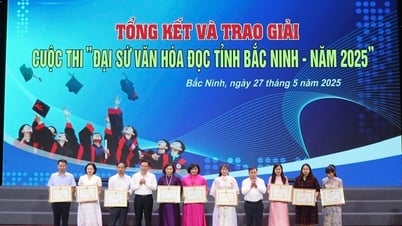


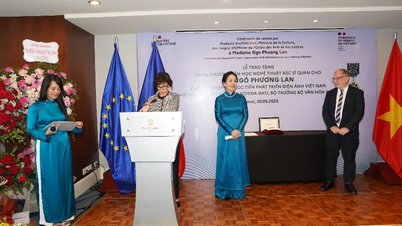



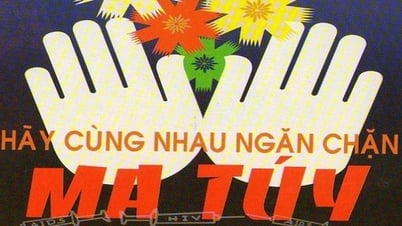








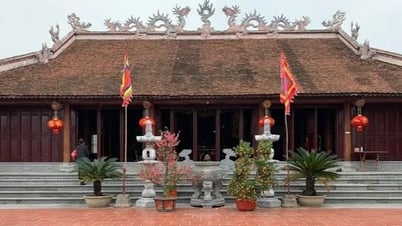
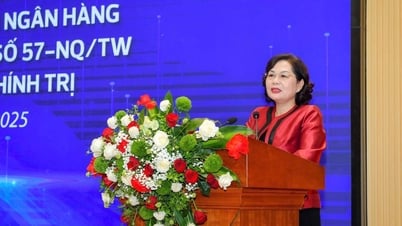


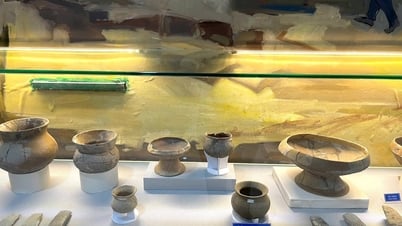



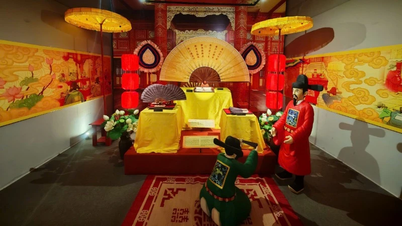
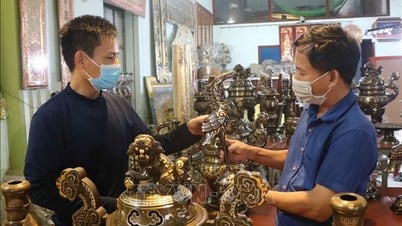
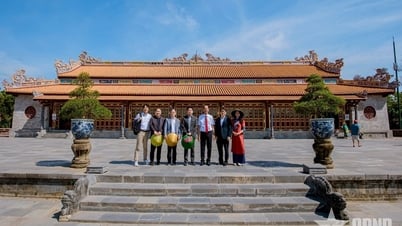

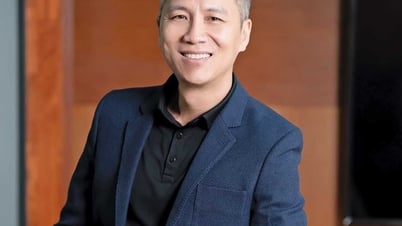




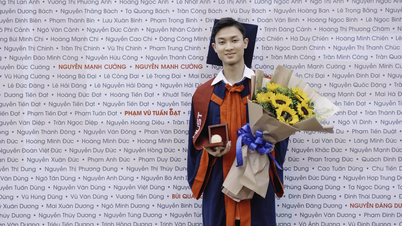



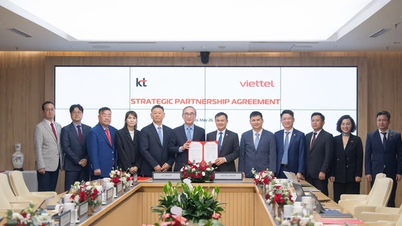
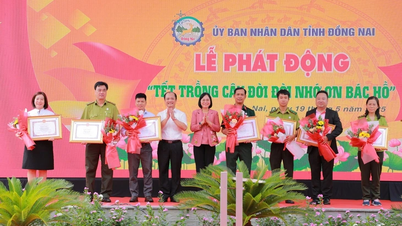







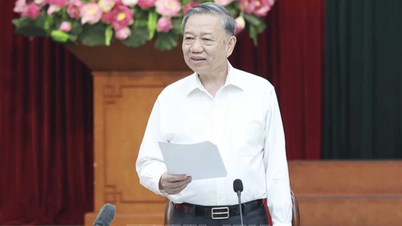

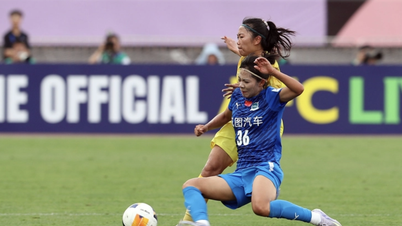
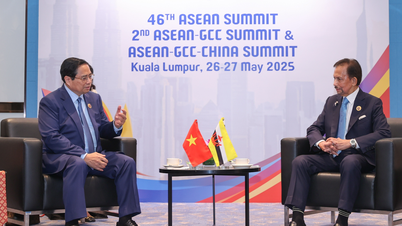







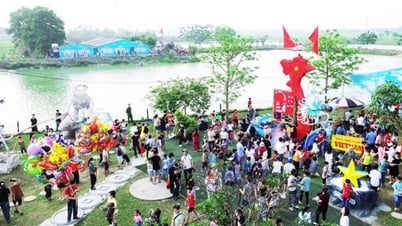


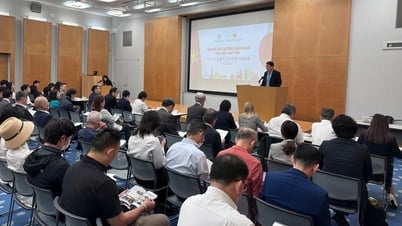

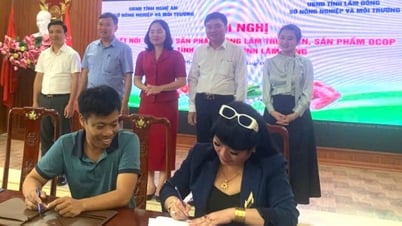














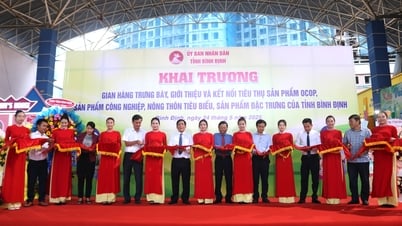





Comment (0)